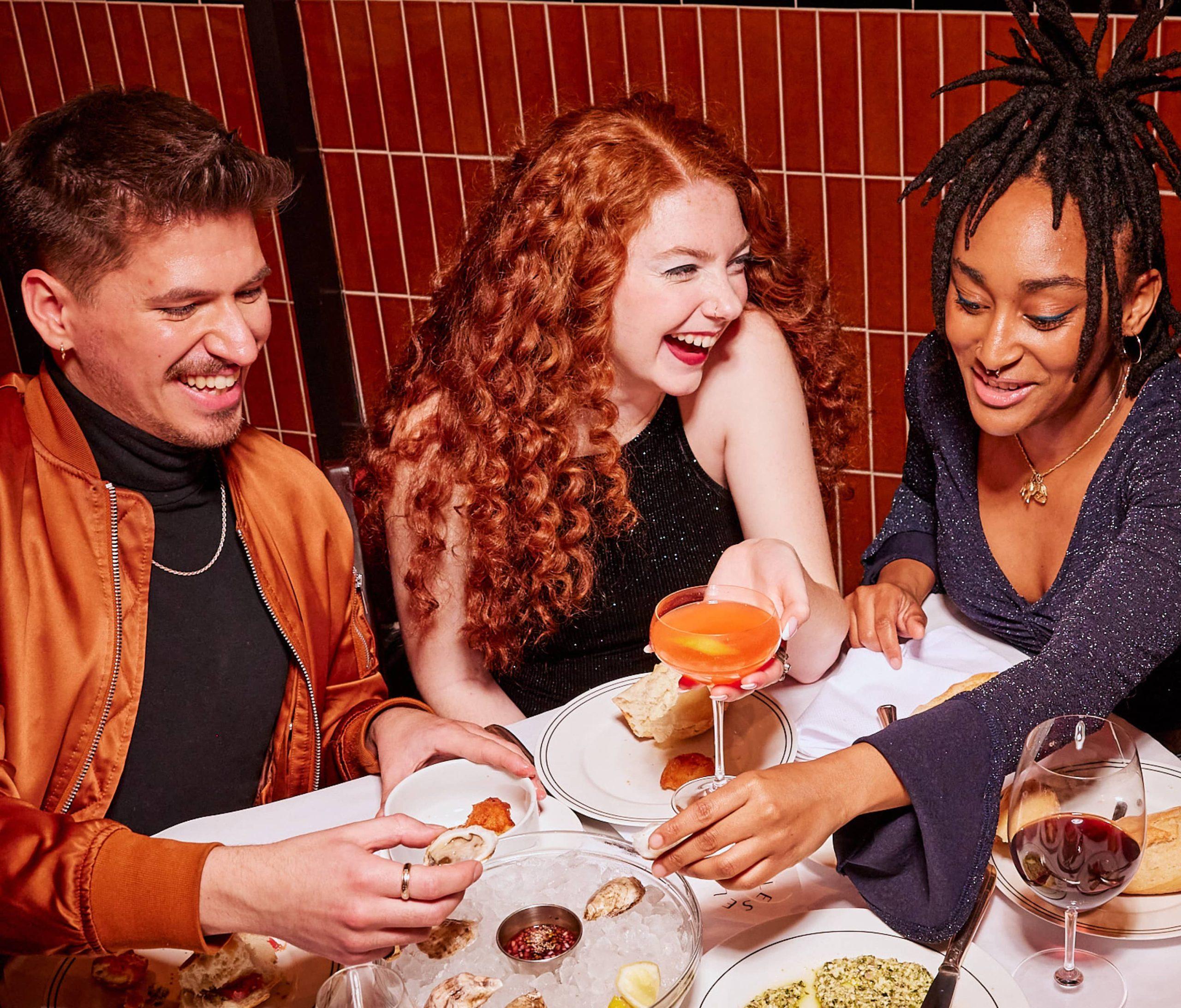Have you ever found yourself drooling over another diner’s dish? Or stealing forkfuls of a friend’s dessert? You’re not alone. Over three million Brits admit they suffer from food envy on a regular basis.

Neuropsychologist Dr David Lewis explains, “If the look and smell of another person’s meal arouses emotions that are more positive than their own choice, the results can be envy, frustration and regret.” As a result, over a third (35%) of UK diners admit they would steal their friend or partner’s meal to overcome their envy and 23% say that food envy has led to arguments at the dinner table. It can even lead to physical symptoms like drooling and an increased heart rate!
Over a fifth of women said they are most likely to suffer with food envy when they are on a diet; while (19%) of men feel it is when they decide to order something adventurous. Of the cuisines most likely to summon the green-eyed monster, Italian food seems to be most lusted after as of diners said this was the cuisine most likely to cause food envy.
Dr David Lewis identifies three categories of decision-making styles that determine our tendency to experience food envy:
- Risk Avoiders make their food choices cautiously and conservatively so as to avoid later regret. They order familiar dishes they have enjoyed in the past. Playing it safe can, however, result in food envy when they see the dishes ordered by their more adventurous companions.
- Risk Takers are optimists who always expect to win big. When dining out they often choose dishes that involve more than a little risk and uncertainty. If their choice is delicious their more cautious dining companions are likely to experience food envy. But if the dish fails to live up to expectations, it is the Risk Taker who becomes envious of the safer food choices of others.
- Risk Hedgers try to combine the best chance of enjoying success with the least risk of failure. They typically select dishes that are somewhat unfamiliar and slightly adventurous but neither too strange nor too exotic. As a result, they can be the most prone to food envy with the choices of both Risk Avoiders and Risk Takers appearing tastier and more desirable than their own!
It seems that no matter which category you fall into or how carefully you order, you could still end up regretting your choice. So what can we do to minimise the risk of food envy? Dr David Lewis has this advice:
“Take your time studying the menu, especially if the style of food is unfamiliar to you. Never allow yourself to be rushed into making a hasty choice by social pressure and always be ready to seek advice from waiters.”
Adrian Valeriano, Vice President of OpenTable Europe, adds, “Why not opt for the ‘share more, taste more’ philosophy and order sharing plates for the table? That way you get a taste of everything and eliminate any feelings of jealousy that could affect your dining experience.”
Are you a risk taker when it comes to ordering? Are you usually happy with your choice? Let us know in the comments below.



